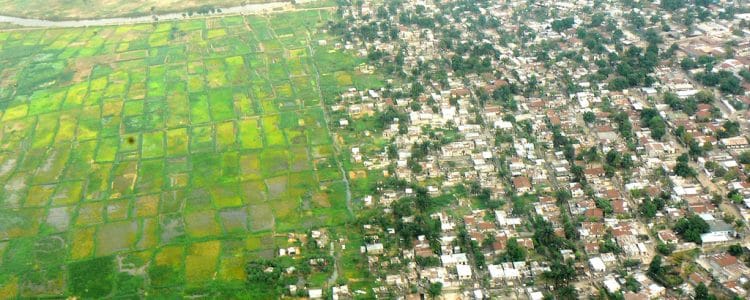
INCLUDE shares columns written by Prof. dr Ruerd Ruben, former Director of the Policy & Operations Evaluation Department (IOB) at the Ministry of Foreign Affairs and currently professor in impact analysis and programme leader of Food Security and Value Chains researchat LEI-Wageningen University, who distinguishes between fact and fiction on hypotheses on development in OneWorld, a Dutch magazine on global issues.
The hypotheses
“The term development aid will disappear in time.” – Lilianne Ploumen, Minister of Foreign Trade and Development Cooperation, de Volkskrant, March 2013
“Aid will remain necessary till the end of days to open a window for poor countries, so they can move forward on their own strength.” – Minister of Foreign Affairs, Frans Timmermans, Question Time, Second Chamber, 5 March 2013
Yes, indeed
Development aid is just a small part of the money flows to poor countries, and this part is getting smaller and smaller. Nowadays, remittances from migrant workers and direct investments by companies represent over 80% of the external financial resources of a country. More importantly, a large number of the poor live in countries with a fast growing economy where the mean income is increasing. We can expect that these middle income countries will take responsibility for poverty reduction themselves. Also, these countries are now able to shift money into poverty reduction via local taxation. About 30% of the national income of these countries is collected by tax authorities. In time, national taxation will replace foreign aid.
No, not always
However, the above figures do not represent the poorest countries. Ongoing poverty, malnutrition and infant mortality are more concentrated in fragile states and post-conflict countries. In 2025, 75% of the poor will live in 20 fragile states, almost all of them in Sub-Saharan Africa. In these countries, development aid will be essential for improving the infrastructure (roads, electricity, water), the construction of public facilities (education, health care), and the enhancement of democracy and good governance. Without aid, these states will not be able to recover and the threat of conflicts spreading will grow.
What’s important
Aid is not only about transferring money. It is also about wider issues like supporting local organizations, promoting private investment, and reinforcing social and economic structures. More often, fair trading conditions and tax treaties are deployed to support development possibilities. Eventually, it is important for poor countries to generate their own tax revenue. This is an important point for the Netherlands, as many companies that operate in developing countries are registered in the Netherlands and, therefore, pay less local tax to the developing countries that host them.
Assessment
The end of traditional development aid seems close indeed, but there is a great need for the innovation of cooperative relationships. In the future, direct financial aid will focus on a limited number of (post-) conflict countries. In other countries the focus will be on economic cooperation and the reinforcement of local institutions, like tax authorities, the judicial system and land registry.
May 2013